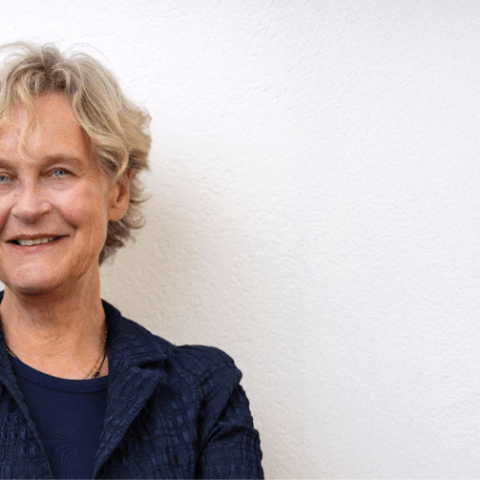- About BUas
- Research
Climate activism through the courtroom: Bénédicte Ficq keeps fighting
In the podcast De Duurzaamheidstransitie (The Sustainability Transition), we speak with lawyer Bénédicte Ficq. She is known for her legal cases against the tobacco industry and, more recently, Tata Steel. Through her activist stance, she takes a stand against powerful polluting industries. In this conversation, she shares both her concerns and her hope for change.
The power of legal climate activism
"I’m absolutely a climate activist," says Bénédicte Ficq in our podcast. With her legal expertise, she deliberately chooses to play an active role in the fight against climate change. She sees humanity as its own natural enemy due to the decisions we continue to make that harm the planet. Her words are sharp, thoughtful, and meant to wake us up.
Awareness of nature’s role
Ficq believes we lack a fundamental awareness: that we are part of nature. “Everything we eat, drink, and use comes from natural resources.” Yet decisions are often made from vanity or greed, with serious consequences for future generations.
Critique of industry and its lobby
Ficq sharply criticises major polluting industries such as the meat and tobacco sectors. She highlights the health risks of meat consumption and the aggressive lobbying these sectors engage in. “Their business models serve shareholders, prioritising profits over public health or the planet.”
A personal mission
Her work on the tobacco case marked a turning point. “I became disgusted by the top earners in polluting industries,” she says. “They knew exactly what they were doing. To me, they are the worst kind of criminals.”
A hopeful message
Still, her story ends on a hopeful note. She wants to contribute to a broader movement. “Even if only on a small scale, I hope to inspire people to take action. The time is now.”
Call to action
Listen to the full conversation.
About Sustainability Transitions
Sustainability Transitions is one of the two transversal research themes at BUas. BUas supports current and future professionals in identifying, designing and implementing sustainability transition pathways.
